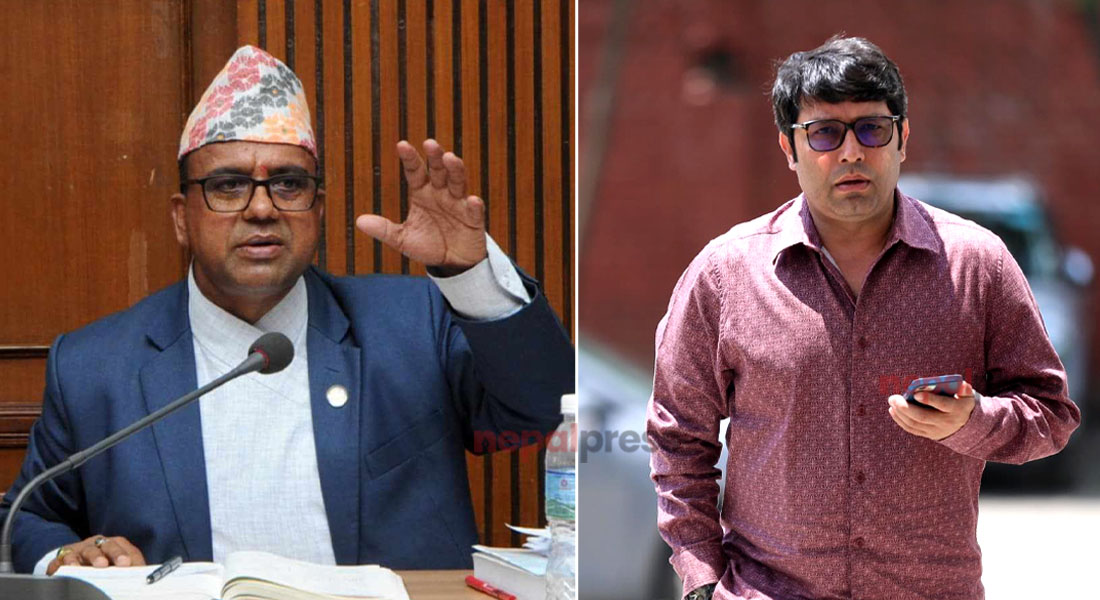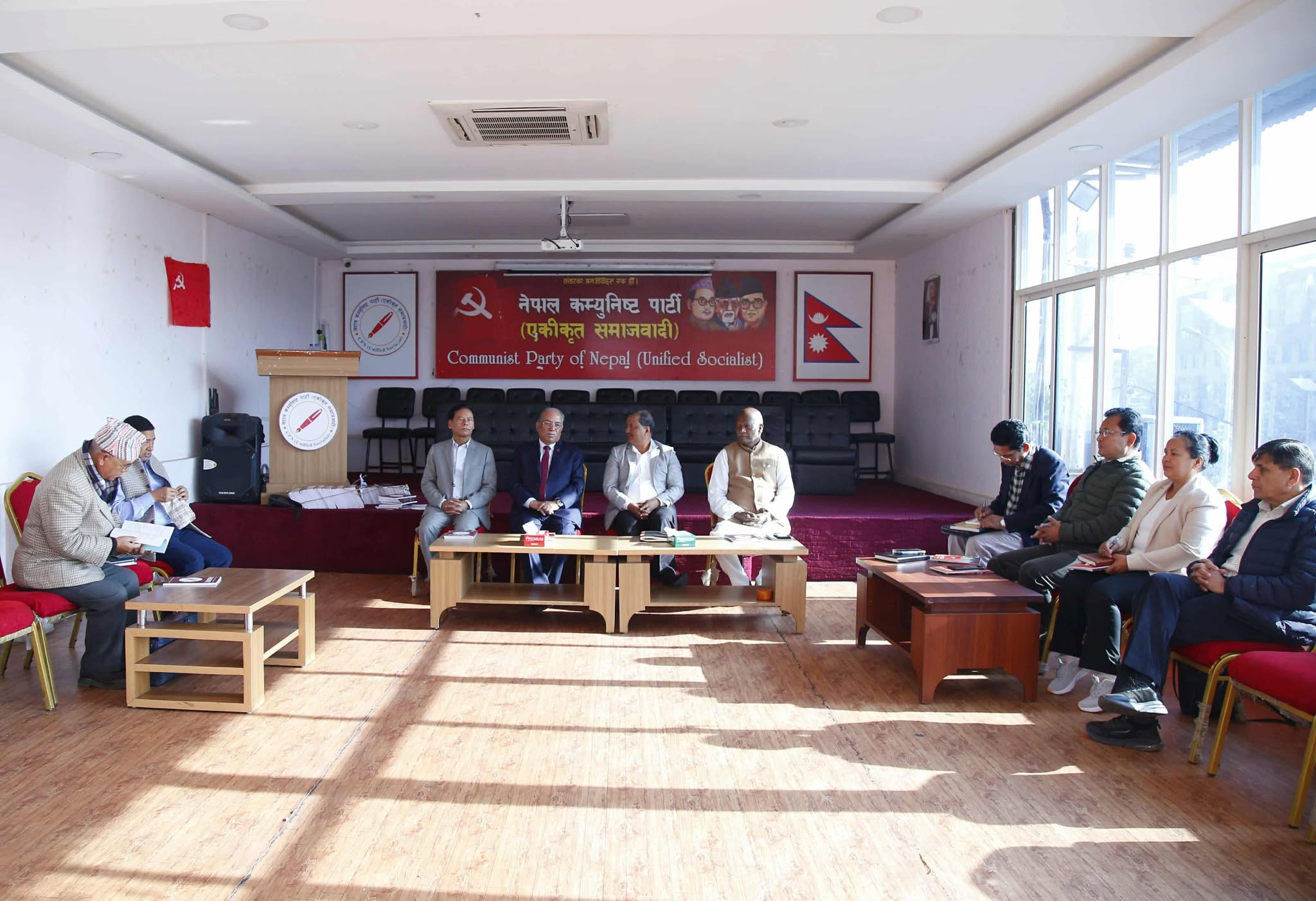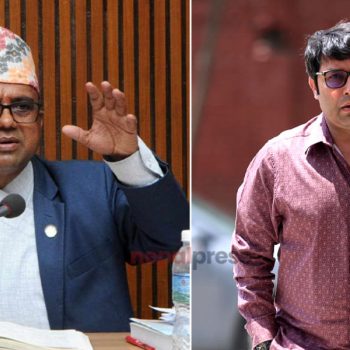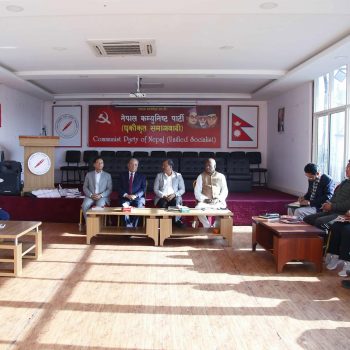‘Implementation process of new climate finance goal remains elusive in COP29’
 NepalPress
NepalPress

KATHMANDU: Nepali delegates attending the UN Conference of Parties (COP29) of the United Nations Framework Convention on Climate Change (UNFCCC), concluded this week in Azerbaijan’s capital city Baku, dubbed the climate finance related decision unveiled in the New Collective Quantified Goal (NCQG) ‘weak’.
Although the climate crisis is fast approaching, the decision on the new climate finance goal has been criticized for delaying the implementation of climate finance targets.
The Group of Least Developed Countries (LDCs), including Nepal, among others, have been pushing for including decisions such as increasing the size of climate finance, providing easy access to the finance, and timely getting compensation for countries facing climate-related crises in the NCQG.
The delegates present at the COP29 are disappointed that the process of implementing the goals is elusive and the decision has been taken in a delayed manner.
In this connection, Chief of the Climate Management Division under the Ministry of Forest and Environment Dr Sindhu Prasad Dhungana commented that the achievements of COP were not as anticipated while coming to the final decision regarding NCQG. “We have not achieved the expected success in the COP. Out of our demand for climate finance assistance of 1.3 trillion USD, only 300 billion was said to be provided. This was not justified as we thought”, he said.
Climate finance expert Raju Pandit Chhetri noted that rich and developed countries have always been reluctant to increase the size of climate finance and the decision to extend the deadline for providing assistance is lax.
“Least developed countries like Nepal have been constantly advocating for increased size of climate finance needed to address climate-related crises”, he said, adding that only $300 billion was agreed to be provided by 2035.
The agreement regarding the assistance is not for every year, he said, noting the target of reaching $ 300 billion by 2035 is quite a low. “The rich and developed countries have backtracked from implementing the ambitious targets of climate finance this time too”.
According to him, the decisions taken in the COP were like a victory of rich countries and a defeat of the least developed countries like Nepal.
The 300 billion dollars is also stated to come from private and various sources. It is not clear how much developed countries will invest. Nepal has been lobbying for assurance of climate finance subsidies for adaptation and loss and damage. Yet, it was written in language only, not sure.
Another climate expert, Dr Popular Gentle Bhusal, said the decisions taken on the agenda, including the NCQG, were not productive. “It seems that the finances required for the implementation of its Nationally Determined Contribution (NDC) and adaptation plan prepared by Nepal will not be realized in time. It poses challenges in the implementation of these plans,” he said, adding that if the NDC can be implemented, carbon emissions can be reduced and global temperature rise can be limited.
Bhusal added the failure to increase the size of climate finance as expected in the climate summit is a neglect in implementing the agenda of least developed countries including Nepal. The Group of Least Developed Countries (LDCs) has also drafted the NCQG.
On the concluding day of the COP, the Group of LDCs had expressed reservation noting COP was not productive and rather a betrayal for the climate sensitive and vulnerable countries.
What is NCQG?
The NCQG is a quantitatively determined new target of financial assistance provided by developed countries to developing countries under the UNFCCC. This goal has been set to find new sustainable and effective ways to ensure the management, distribution and impact of climate finance for the year 2025.
The NCQG, as stated, has been launched with the aim of improving the financial structure after 2025 as developed countries have failed to meet the target of raising $ 100 billion per year by 2020.
It is expected to support adaptation, mitigation, and loss and damage. Its prime goal is to ensure the flow of financial resources according to the needs of the countries at risk of climate.
Climate expert Manjeet Dhakal said the new climate finance goal should set the target by agreeing between developed and developing countries.
Dhakal further clarified, “The essence of NCQG is to ensure sustainable financial resources to ensure sustainable development of developing and least developed countries by addressing their needs to cope with the adverse effects of climate change”.













